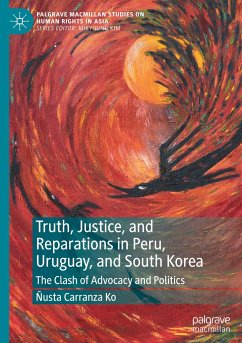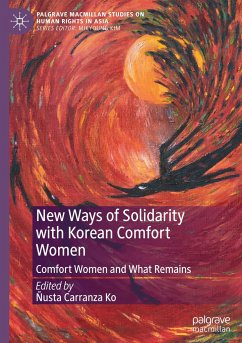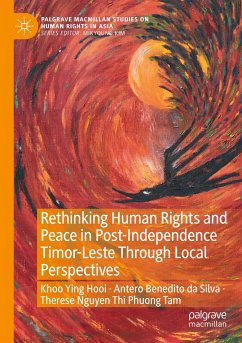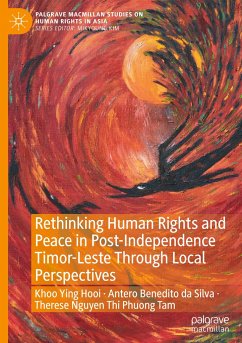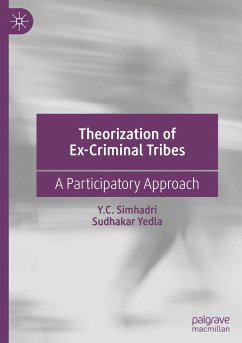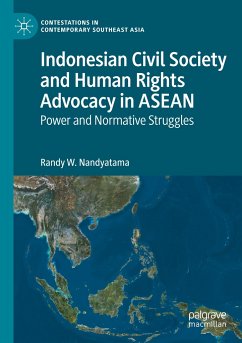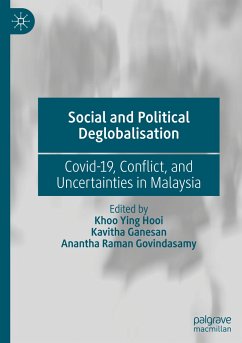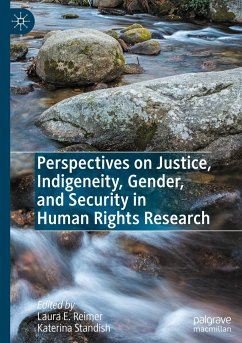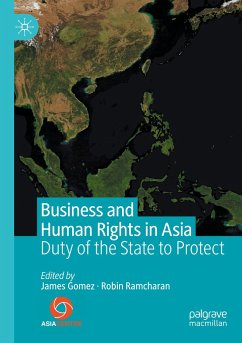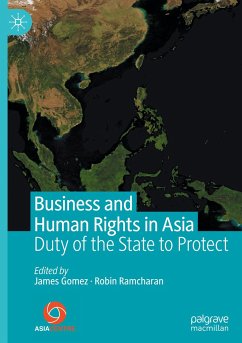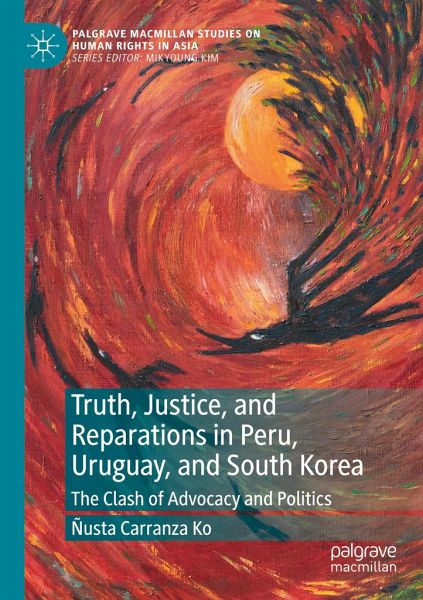
Truth, Justice, and Reparations in Peru, Uruguay, and South Korea
The Clash of Advocacy and Politics
Versandkostenfrei!
Versandfertig in 6-10 Tagen
98,99 €
inkl. MwSt.
Weitere Ausgaben:

PAYBACK Punkte
49 °P sammeln!
This book presents the first cross-regional analysis of post-transitional justice periods and the conditions that influence states' behaviors. Specifically, the book examines why states that adopt and ostensibly implement transitional justice norms as policies-criminal prosecutions, reparations policies, and truth commissions-fail to follow through with their recommendations. Applying these perspectives to a comparative study of states from Latin America and East Asia-namely, Peru, Uruguay, and South Korea-which accepted and implemented transitional justice norms but took different trajectorie...
This book presents the first cross-regional analysis of post-transitional justice periods and the conditions that influence states' behaviors. Specifically, the book examines why states that adopt and ostensibly implement transitional justice norms as policies-criminal prosecutions, reparations policies, and truth commissions-fail to follow through with their recommendations. Applying these perspectives to a comparative study of states from Latin America and East Asia-namely, Peru, Uruguay, and South Korea-which accepted and implemented transitional justice norms but took different trajectories of behavior after the implementation of policies, this book contributes to understanding the relationship of norm influence on states and why states change in compliance after norm adoption. The book explores the conditions that contribute or limit the continued respect for transitional justice norms, emphasizing the political interests and transnational advocacy networks' roles in affectingstates' policies of addressing past abuses.





